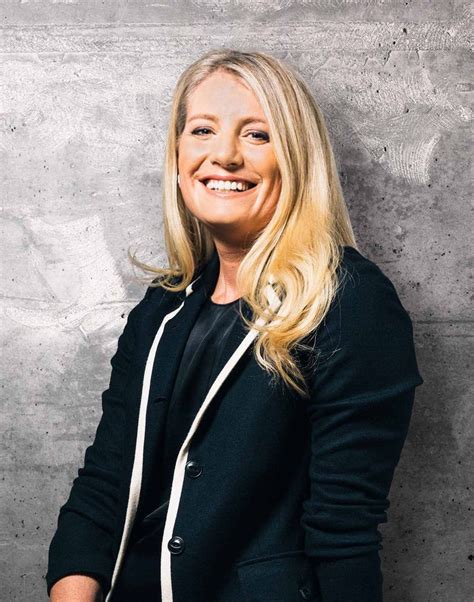A Quote by Miriam Toews
The requests for blurbs seem to come in waves. I'm not sure what precipitates them. I think it must be excruciating for editors to draft those elaborate letters asking for a blurb, and I know it's torturous for us writers to ask directly. But publishers encourage us to. Rock and a hard place.
Related Quotes
And questions give us no rest. We know not why our curse makes us seek we know not what, ever and ever. But we cannot resist it. It whispers to us that there are great things on this earth of ours, and that we can know them if we try, and that we must know them. We ask, why must we know, but it has no answer to give us. We must know that we may know.
Most open letters undoubtedly come from a good place, rising out of genuine outrage or concern or care. There is, admittedly, also a smugness to most open letters: a sense that we, as the writers of such letters, know better than those to whom the letters are addressed. We will impart our opinions to you, with or without your consent.
At a time when threats to the physical environment have never been greater, it may be tempting to believe that people need to be mounting the barricades rather than asking abstract questions about the human place in nature. Yet without confronting such questions, it will be hard to know which barricades to mount, and harder still to persuade large numbers of people to mount them with us. To protect the nature that is all around us, we must think long and hard about the nature we carry inside our heads.
Jesus reminds us that prayer is a little like children coming to their parents. Our children come to us with the craziest requests at times! Often we are grieved by the meanness and selfishness in their requests, but we would be all the more grieved if they never came to us even with their meanness and selfishness. We are simply glad that they do come--mixed motives and all.
Facts are certainly the solid and true foundation of all sectors of nature study ... Reasoning must never find itself contradicting definite facts; but reasoning must allow us to distinguish, among facts that have been reported, those that we can fully believe, those that are questionable, and those that are false. It will not allow us to lend faith to those that are directly contrary to others whose certainty is known to us; it will not allow us to accept as true those that fly in the face of unquestionable principles.
Real writers-that is, capital W Writers-rarely make much money. Their biggest reward is the occasional reader's response.... Commentators-in-print voicing big fat opinions-you might call us small w writers-get considerably more feedback than Writers. The letters I personally find most flattering are not the very rare ones that speak well of my editorials, but the occasional reader who wants to know who writes them. I always happily assume the letter-writers is implying that the editorials are so good that I couldn't have written them myself.
For me, I felt bad for people asking the questions, cause you know their boss sent them out saying, 'Get me something on Mission Impossible.' And you ask the question, and it's just a polite, 'I'm not going to tell you.' Then, every so often, they'd go, 'Well, can't you just tell us a little bit?' I have to say, 'You know what guys, I'm under contract and I'm not going to tell you anything.' So you keep asking the questions and I'm just going to keep smiling. And it's hard, cause I don't want to seem rude, but it's part of my job just like it's part of their job to keep a secret.
American culture in particular has instilled in us the bizarre notion that to ask for help amounts to an admission of failure. But some of the most powerful, successful, admired people in the world seem, to me, to have something in common: they ask constantly, creatively, compassionately, and gracefully. And to be sure: when you ask, there's always the possibility of a no on the other side of the request. If we don't allow for that no, we're not actually asking, we're either begging or demanding. But it is the fear of the no that keeps so many of our mouths sewn tightly shut.





































